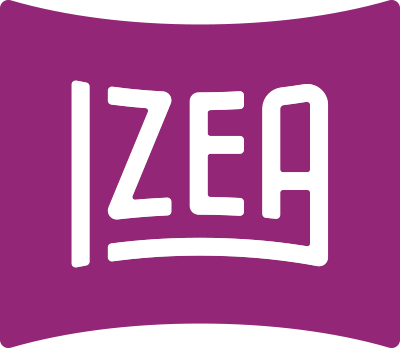 “Adapt or perish, now as ever, is nature’s inexorable imperative,” wrote H.G. Wells in his final book, contemplating humanity’s demise just as the slaughter of World War II was ending. Was the prescient sci-fi author writing about journalists, too?
“Adapt or perish, now as ever, is nature’s inexorable imperative,” wrote H.G. Wells in his final book, contemplating humanity’s demise just as the slaughter of World War II was ending. Was the prescient sci-fi author writing about journalists, too?
“Adapt!” has been the advice most offered to, or thrown at, reporters struggling to differentiate themselves in a job market with mismatched supply and demand. And one tempting way to adapt is to learn the tradecraft of the very group that brought the newsroom to its knees: coders. It’s the paradox of online news: less money but more demand. Way more. Around two-thirds of tablet and smartphone owners use their devices to keep up with news at least once a week, according to a report by PEJ and the Pew Research Center. Newspapers in their heyday never reached that kind of ubiquity.
But is learning programming the best use of journalists’ time? Joshua Benton, founder of Nieman Journalism Lab, thinks not. While he believes that knowing basic online skills such as social media and blogging is crucial, he warns that skimming the surface of multiple technical skills typically provides a poor return on journalists’ investment. Most news desks prefer to hire specialists, says Benton. If you become mediocre at an array of technical skills, there will always be people who “are able to do what would take you 12 hours in 20 minutes.”
Arming yourself with two strong skills, such as journalism and coding interactive data-based web apps, will almost guarantee employment, he adds. What he has a problem with is the idea that journalists should strive to get moderately good at a long list of skills. “Because then what happens,” he says, “is that you end up being good at none of them. Then, you’re just wasting your time.”
If becoming a master of programming skills isn’t necessary for the average journalist, a grasp of the least technical ones might be. Glance through job ads on MediaBistro and JournalismJobs.com, and you’ll find a smattering of positions that require applicants to be familiar with HTML and CSS, content management systems such as Drupal and WordPress, metrics tools such as Google Analytics, techniques like search engine optimization, and sometimes tools such as Storify, timeline.js and Prezi.
Regina McCombs, who teaches multimedia and mobile news at The Poynter Institute, believes the most important skill for a journalist in the digital era is an overall comfort with software and a willingness to learn, whether that’s picking up how to use video editing software, learning new content management systems or working with a database.
She also notes that great ideas that today can only be implemented with technical know-how typically become easier over time as new, simpler tools are created. Nieman’s Benton agrees. “When I started building webpages in the early 1990s,” Benton recalls, “you had to have a long list of technical skills to understand how UNIX servers worked and how to telnet onto a server and how to ftp files on and off, and you had to have some understanding of HTTP and some understanding of HTML…just to get a webpage on the internet.” Over time, however, user-friendly content management systems made these tools far more accessible. The same is true of data visualization, which once required a “mastery of intensely complicated statistical analysis programs,” but is now far more accessible with free and easy-to-use tools.
Editors also say that familiarity with technical roles is often secondary in importance to journalism skills. An assistant editor position for Cottages & Gardens, for instance, asks for knowledge of Word, Excel, InDesign, social media and the web (including web site moderation, blogging and twitter). Meghan Parisi, the magazine’s managing editor, says that traditional skills are still paramount: interviewing, creative thinking, organization, writing ability, editing/grammar skills, and the ability to meet deadlines and work under pressure.
Although Parisi feels that familiarity with Google Analytics, social media, and so forth are great additions to traditional reporting skills, the top three she recommends journalists learn are organization, writing, and InDesign. Benton offers that journalists should expand their skills around their core talents of interviewing and writing, perhaps adding video and audio storytelling.
Adapt? Sure. But don’t throw the lede out with the linotype. After all, H.G. Wells, himself a journalist early in his career, called the newspaper medium “dead as mutton” in 1943.
Photo courtesy of hackNY via Flickr Creative Commons license.



